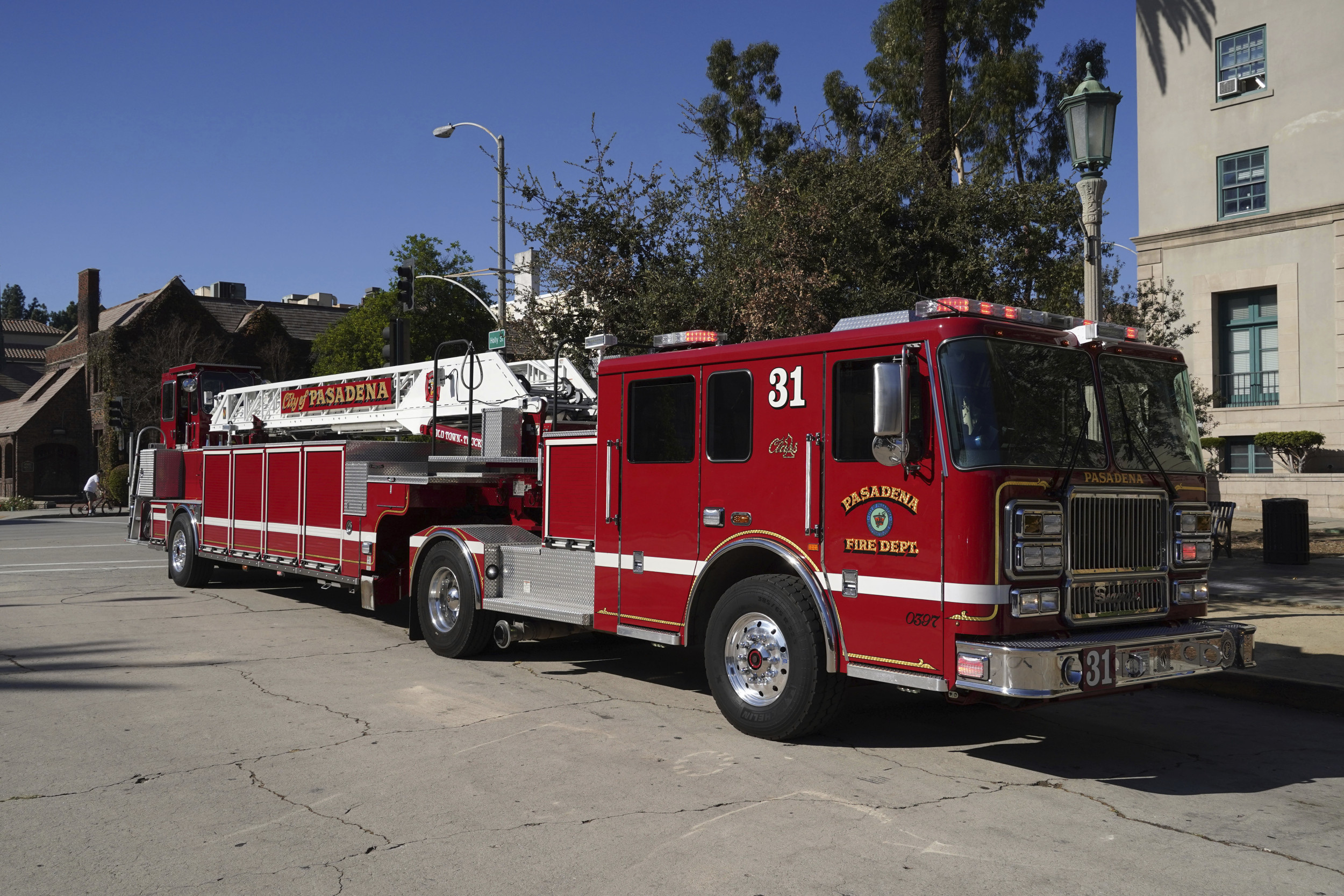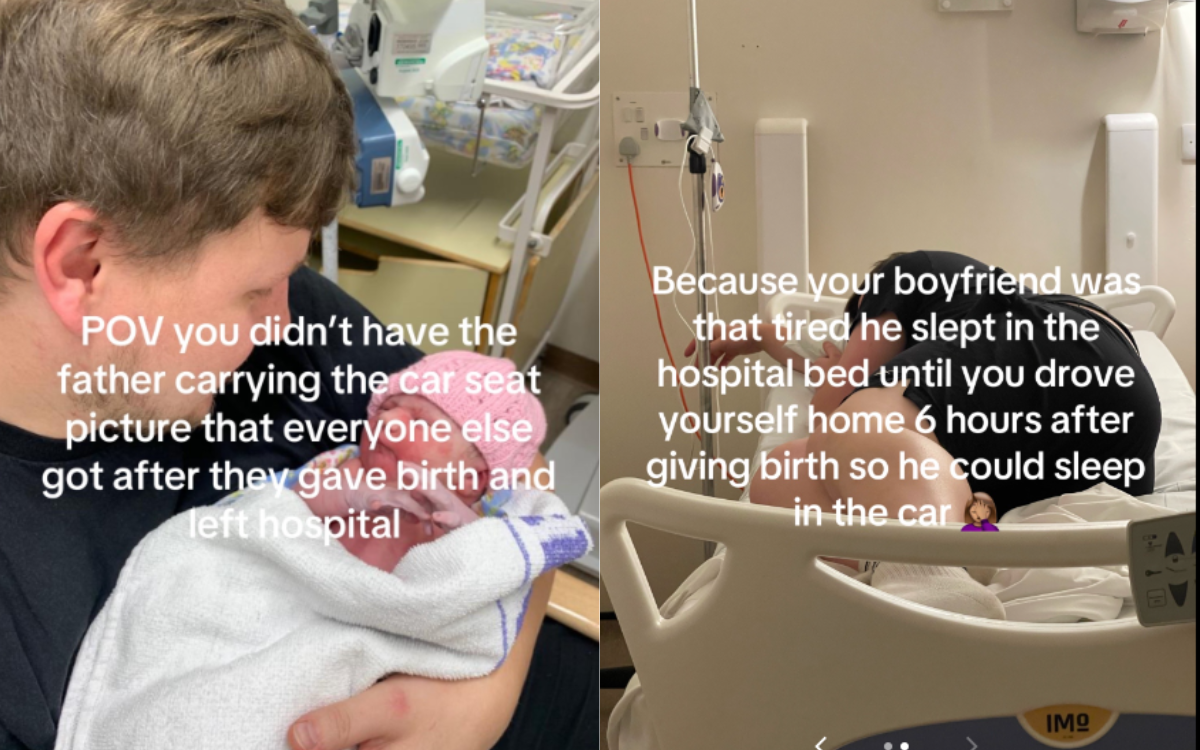President-elect Donald Trump continued to see strong support from younger voters in new polling released Wednesday, with levels above those seen just before the election.
According to polling from YouGov carried out December 8-10, Trump was favored by 51 percent of 18-29 year olds, while 45 percent of 30-44 year olds also viewed him positively.
By comparison, 38 percent and 37 percent of the respective age groups held those positive views in October.
The Republican managed to attract more Gen Z and Milennial voters in the 2024 election, with some experts putting that down to Democrat Vice President Kamala Harris' failure to speak to them clearly enough after she became the nominee.
Trump's favorability had risen among all those polled in December, compared to the October survey, as he has continued to lay out more of his plans for his second term in the White House and announced nominees for cabinet positions and other roles.
Brilyn Hollyhand, who served as the chairman of the RNC's inaugural Youth Advisory Council, told Newsweek that the President-elect's decisions to join TikTok and meet young voters online were key factors in winning them over.
"Trump won over youth voters because he listened to youth voters like myself, sought out my advice, and actually listened and implemented my ideas!" Hollyhand, 18, said.
"From TikToking to podcasting, he didn't brush my new ideas aside but tried them and took a chance on breaking the mold of a traditional campaign in the most non-traditional election ever and it paid off."

Trump made various appearances on podcasts in the weeks before the election, many of which are aimed at younger male audiences who may not usually vote.
Harris, meanwhile, did use social media as a key component of her campaign, but in a more traditional style as a way to push campaign ads and messaging, rather than necessarily engaging with audiences.
David B. Cohen, a professor of political science at the University of Akron in Ohio, told Newsweek shortly after Election Day that the Democrats needed to work out a new strategy.
"Going forward, Democrats will have to figure out how to bring young voters back to the fold—particularly young men—if they want to be competitive nationally," Cohen said.
Research by Navigator, a left-leaning polling organization, found that younger Hispanic and Black men turned toward Trump over Harris, putting some of that blame on their pessimism towards President Joe Biden's handling of the economy.
While many younger Americans have voiced their support for Trump post-election, the YouGov poll showed between 40 and 50 percent still held an unfavorable view of the next president, leaving him some work to do in impressing those who perhaps voted for Harris instead.
On policy, Millennial and Gen Z voters showed less support for Trump's planned tariffs on Mexico and Canada than older voters, while around half of each group did say they supported banning gender-affirming care for minors.
For Hollyhand, he believes that his generation of first-time voters was "fed up and frustrated" with how things have been run in Washington, D.C., and that Trump is the person who can deliver change.
"In post-election conversations with the President-elect's family and team over the past few days, our new goal is simple: to keep these first-time voters in our party and to continue to grow our coalition going into 2026 and 2028!" he told Newsweek.
The YouGov web-based survey of 1,593 respondents was carried out between December 8 and 10, 2024, with a 3.2 percent margin of error.






.png)

_(1).png)











 English (US) ·
English (US) ·